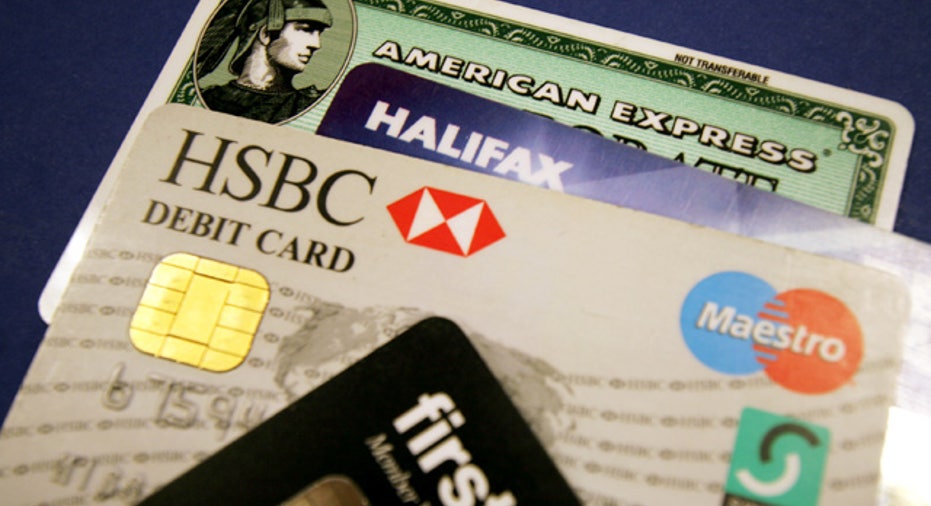Your Credit Card Agreement Trumps Your Divorce Decree

Dear Credit Care,
My husband and I are divorcing, and he has abandoned our family. In our divorce decree, it states that he will assume all marital debt. I faxed over the agreement plus a letter explaining such. Will that exempt me from responsibility? Are there any steps I need to take to protect me and my children's future? My husband is claiming bankruptcy. Should I also be doing this?
-Jodi
Dear Jodi,
Your divorce decree is a legal, binding document. However, if you signed a credit card agreement or loan document stating you were financially responsible, then you are financially responsible no matter what your divorce decree may state.
For example, you and your husband may have joint credit card accounts where you are both financially responsible for the accounts, and your divorce decree may state that your husband is responsible for paying the balances of the accounts. The cardholder agreement that you signed as a financially responsible party is the only thing that the card issuer will take into account. Your divorce decree does not legally amend the existing agreement with your creditors. That means if your husband does not pay as your divorce decree states, the card issuer will likely look to you for payment. The existing cardholder agreement trumps the divorce decree and you would be legally responsible to pay.
So, it is a good idea when divorcing to try and eliminate all joint debt, if possible. What many couples do is open new separate credit card accounts in each person's name only and transfer joint account balances as agreed in the divorce settlement and then close the joint accounts. For joint home mortgages and car loans, it is best for both spouses to sell the items or refinance into only one spouse's name only, but that is not always possible. In order to protect your credit and your finances, you will need to be sure that any joint accounts are paid and closed, refinanced into your ex-husband's name only or paid by you.
In your letter, you state that your husband is filing bankruptcy. If he is planning to include in the bankruptcy joint accounts that were assigned to him for payment in the divorce decree, those creditors will likely seek payment from you as the other financially responsible party. Should you be unable or unwilling to pay those accounts, I recommend you consult with an attorney to determine your best course of action. It could be that filing for bankruptcy may be in your best interest as well. But because your credit score takes many years to recover from a bankruptcy, you will want to explore all your options before taking that step.
Getting back to your divorce decree, you can take your ex-husband back to court if he is not abiding by the terms of the divorce. In failing to do so, he would be considered in contempt of a court order. Keep in mind that you can request that the judge include your attorney fees and court costs when compelling your ex-husband to pay what he owes. Of course, should your ex-husband file for bankruptcy and be able to show the court he is unable to pay, taking him to court may be a futile effort.
Handle your credit with care!



















